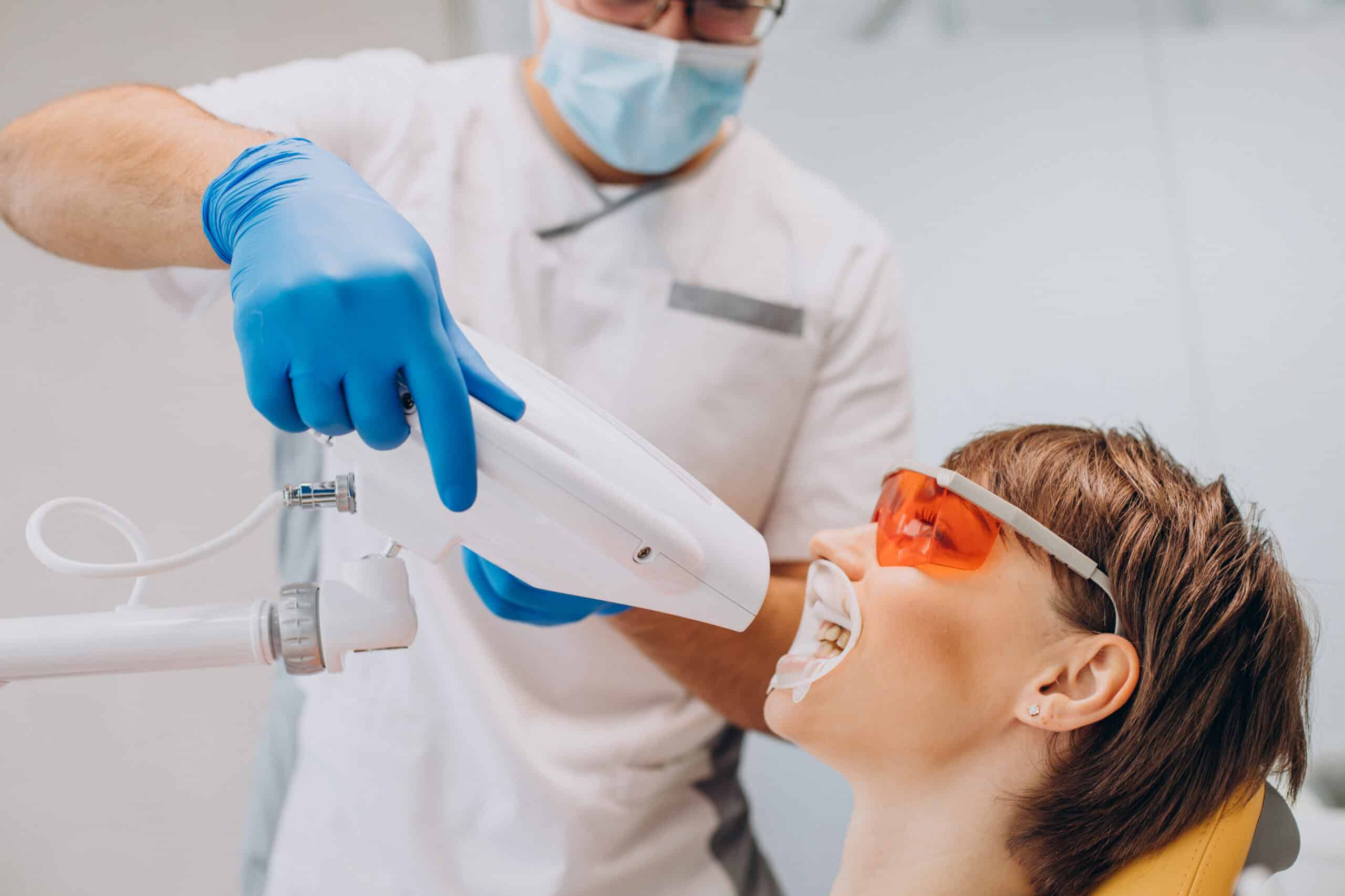Activated Charcoal for Teeth Whitening – Does It Really Work?
By :
Affordable Dentist | September 22, 2023
A bright, white smile is often seen as a sign of good health and beauty. As a result, many people seek ways to whiten their teeth. One of the trending methods in recent years is the use of activated charcoal for teeth whitening. You've probably seen the striking images on social media of individuals brushing their teeth with black paste and claiming it magically transforms their smiles. But does it work, or is it just another beauty trend? In this comprehensive guide, we will dive deep into the world of activated charcoal for teeth whitening, exploring its effectiveness, safety, and practical tips to help you achieve a radiant smile.
What is Activated Charcoal?
Activated charcoal is a form of carbon that has been processed to have small, low-volume pores that increase the surface area available for adsorption or chemical reactions. It's been used for various medical purposes, such as treating drug overdoses and poisoning, due to its ability to absorb toxins and chemicals. This same property has led to its recent popularity in the beauty industry for teeth whitening.
Does Activated Charcoal Whiten Teeth?
The question on everyone's mind: can activated charcoal genuinely whiten teeth? The answer is nuanced. Activated charcoal's popularity for teeth whitening stems from its abrasive properties and its potential to absorb surface stains. Here's how it works:
- Surface Stain Removal: Activated charcoal is abrasive, which means it can help remove superficial stains from the surface of your teeth. Stains caused by coffee, tea, red wine, and certain foods can adhere to the enamel. Activated charcoal's abrasive nature can scrub away these stains, revealing a slightly whiter appearance.
- Absorption of Toxins: Activated charcoal is excellent at absorbing toxins and chemicals due to its porous structure. Some proponents argue that this property allows it to pull impurities from the teeth, contributing to a whiter smile.
However, it's essential to understand the limitations and potential drawbacks of using activated charcoal for teeth whitening:
- Enamel Damage: While activated charcoal may remove surface stains, it does not change the intrinsic color of your teeth or bleach them. More concerning is its abrasive nature, which can damage your tooth enamel if used too frequently or aggressively. Enamel is crucial for protecting your teeth; once it's gone, it doesn't regenerate.
- Limited Scientific Evidence: The scientific evidence supporting activated charcoal's teeth-whitening claims is scarce. Most studies focus on its adsorbent properties for medical purposes, not cosmetic benefits. Therefore, its effectiveness as a teeth-whitening agent remains inconclusive.
- Potential for Mess: Working with activated charcoal can be messy. Black residue can end up on your sink, toothbrush, and gums, creating a temporary aesthetic issue.
- Safety Concerns: Some experts express concerns about using activated charcoal on teeth, especially for those with sensitive gums or pre-existing dental conditions. It's crucial to consult with a dentist in Waco before incorporating activated charcoal into your oral care routine.
Safe Usage & Best Practices
Use Sparingly
When experimenting with activated charcoal for teeth whitening, moderation is key. Limit the use of activated charcoal to once or twice a week to reduce the risk of potential enamel damage. Overusing it can lead to tooth sensitivity and other dental problems. Always remember that less is often more when it comes to oral care.
Be Gentle
Activated charcoal can be abrasive, which means excessive scrubbing can harm your tooth enamel. To prevent this, brush your teeth with activated charcoal paste gently. Consider using a soft-bristle toothbrush to minimize the risk of abrasion. Gentle, circular motions are more effective than vigorous scrubbing.
Thoroughly Rinse
After brushing with activated charcoal, thoroughly ensure you rinse your mouth. Swish water around your mouth several times to remove any residue. This step is crucial to eliminate any remaining charcoal particles that might linger on your teeth or gums. After rinsing, follow up with regular fluoride toothpaste to protect your teeth.
Consult a Dentist
Before incorporating activated charcoal into your oral care routine, consulting with a dentist in Waco is highly recommended. Your dentist can assess your oral health and provide personalized advice. They can also monitor your progress to ensure that you're not causing any harm to your teeth or gums.
Combine with Regular Oral Care
Activated charcoal should not replace your regular oral care routine. To maintain good oral hygiene, it's essential to continue brushing and flossing daily. Using activated charcoal intermittently for stain removal should be seen as a supplement to your regular dental care practices.
In the quest for a brighter smile, it's essential to approach teeth whitening with caution and prioritize your dental health. While activated charcoal may offer some superficial stain removal, its long-term effects on your teeth can be detrimental. Instead, consider consulting a dentist in Waco for safe and effective teeth whitening options tailored to your needs. Your dentist can provide expert guidance to help you achieve a radiant smile without compromising your oral health. Remember, a healthy smile is beautiful, and your dentist is your best ally in maintaining both. While activated charcoal may have its place in certain beauty routines, it's not the miracle teeth whitening solution it's often portrayed to be. Prioritize the health and safety of your teeth, consult with a dentist in Waco, and explore alternative teeth whitening options proven to deliver lasting results. Your smile deserves the best care possible.


